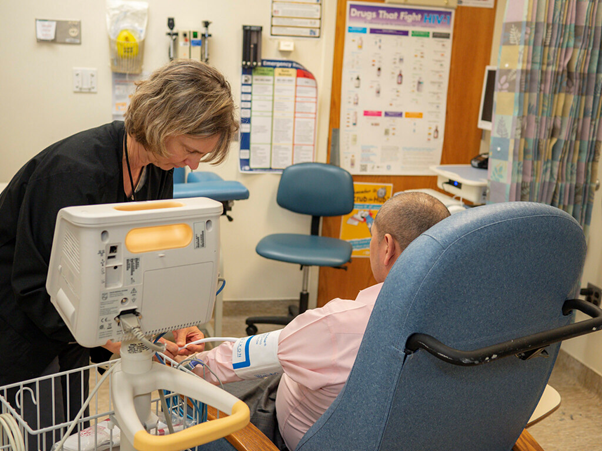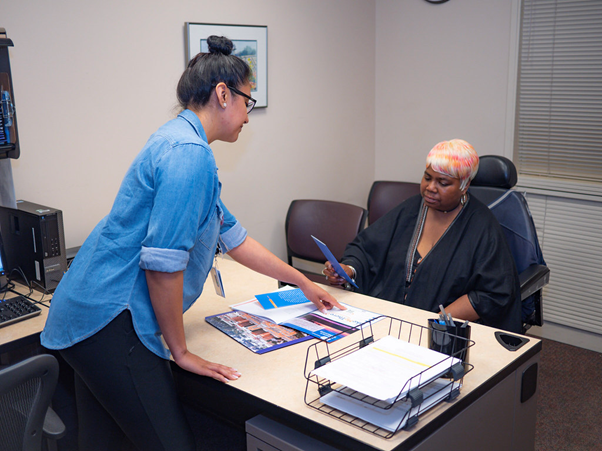Recruitment of patients for clinical trials is becoming a major challenge for those companies engaged in studies that rely on human participants to verify and complete their research. But could social media address this situation? Clinical trials or studies have to focus on a particular subset of the population, such as age, gender or medical condition. Using the traditional routes of referral, for example clinicians or printed media, can reach potential patients, but it is time-consuming and the desired sub-set of the population that needs to be appealed to and recruited could easily be missed.

Is social media a solution?
Using social media could be a solution to slow patient recruitment response, as it is an ideal method to reach a specific section of the population. It is a fast two-way process and a more responsive route. Patient recruitment services can be targeted at a particular demographic across the various social media platforms, which could be beneficial, if the clinical trial is time-critical and there is a necessity to improve recruitment results. As clinical trials are publicised through social media, then there is also the potential to recruit further ideal participants, as the appeal is shared through their personal contact lists, or any interested focus groups that the trial may benefit.

Advantages of social media
The advantages of appealing to special interest social media groups is that members probably already have an active interest in the research and development around a particular health condition, for example. Then the advantages of participating in a specific clinical trial could possibly be shared and discussed online, which in turn would disseminate the call for the clinical trial participation.
Many people now expect to see companies having an online presence. Engaging with social media would be beneficial as this offers transparency about the company, and gives confidence to those considering volunteering for a clinical trial through patient recruitment services. Through social media, they can research the company, the results of any previous trials, the current trial itself and any potential benefits.
As our world moves increasingly online, and people regularly make important lifestyle decisions on the internet, social media could provide an interesting avenue for creating more patient interest around clinical trial participation. And it is a possibility that recruitment might be improved, if calls for clinical trial patients, or volunteers, were disseminated to them through social media.
